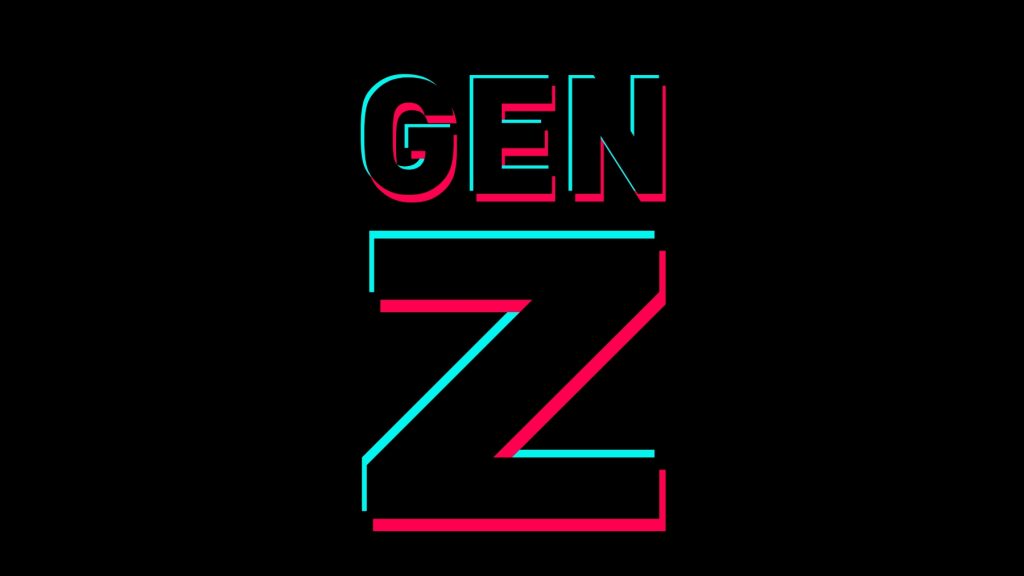
Generation Z has faced criticism by researchers for underperforming at work due to high stress levels, but the reality is decidedly more complicated than ageism in tech.
For Kathleen Pike, a professor of psychology at Columbia University and the president of One Mind at Work, advanced technology has made it a challenging situation for younger workers to balance between life and work.
“When older generations started their careers, it was a completely different world,” Pike said in an interview with Business Insider. “Fifty years ago, there were no cellphones, no internet, and no FedEx. Workers went home and were unreachable.” This natural disconnect from work allowed for more downtime-something today’s Gen Z workers have never experienced because they’re always connected.
Is There Ageism in Tech?
While Generation Z struggles to adapt to work in a highly tech-heavy environment, the tech industry itself is also very much in flux when it comes to demographic shifts.
Younger employees are filling more positions as their older counterparts face increased ageism in the tech industry. According to one report by the Equal Employment Opportunity Commission (EEOC), 40.8% of the proportion in tech has fallen between the ages of 25-39 years old. Meanwhile, employees in the tech industry who have been over 40 years old have been on a steady decline, indicating ageism in high tech fields.
Technology firms often favor younger talent, looking at them as versed in technology and willing to work long hours for lower pay. According to Jason Greenberg, a professor of management at Cornell University, the implications are a further disconnect between middle-aged tech founders and their younger hires.
“There’s a preference for youth, even though older workers in tech bring valuable experience and skills,” Greenberg said.
Prejudice against older workers in tech has led many companies into legal trouble. Giant firms like Clearview AI and Raytheon have faced lawsuits for age discrimination tech jobs. Older workers, often paid more for their experience, become targets during layoffs and thus force workforces toward favoring the younger generation.
A Struggle to Balance Ageism in Tech
While that may seem a smart play for the technology sector, it risks shutting out experience from older workers. As Kaitlyn Knopp, chief executive of compensation software company Pequity, said, though young workers may erupt with productivity in fast-paced startup culture, the older workers who are looking to transition into tech often leave feeling excluded. “That’s a slap in the face to older workers who want to be a part of this innovative side of the economy,” she said.
Companies should support this by reflecting on what is to be gained with intergenerational collaboration—that which would bring balance to the workplace. While Gen Z brings innovation and energy, the wisdom and resilience of older employees can offer stability and insight. However, ageism in tech jobs remains a significant issue, with older workers often fearing they may be left behind by the industry’s rapid pace and preference for younger employees.
Working in tech millennial ageism fear often leads to concerns about job security, especially for those entering their 30s or 40s.
Technology may be shifting how or where people work, but it does not mean that companies should fail to see the value in a multi-generational workforce. The balance of youth with experience often strengthens teams and helps achieve better results.
Inside Telecom provides you with an extensive list of content covering all aspects of the tech industry. Keep an eye on our Tech sections to stay informed and up-to-date with our daily articles.